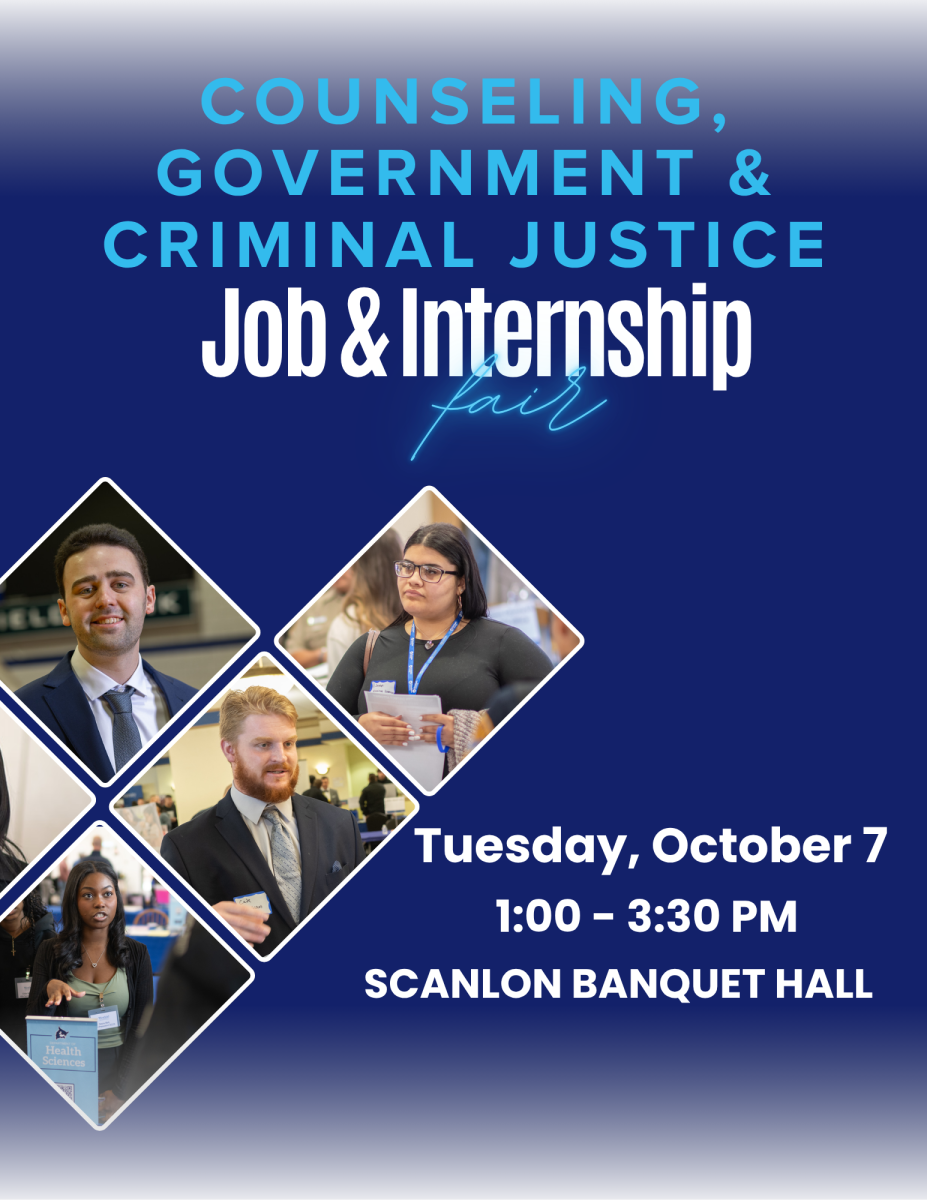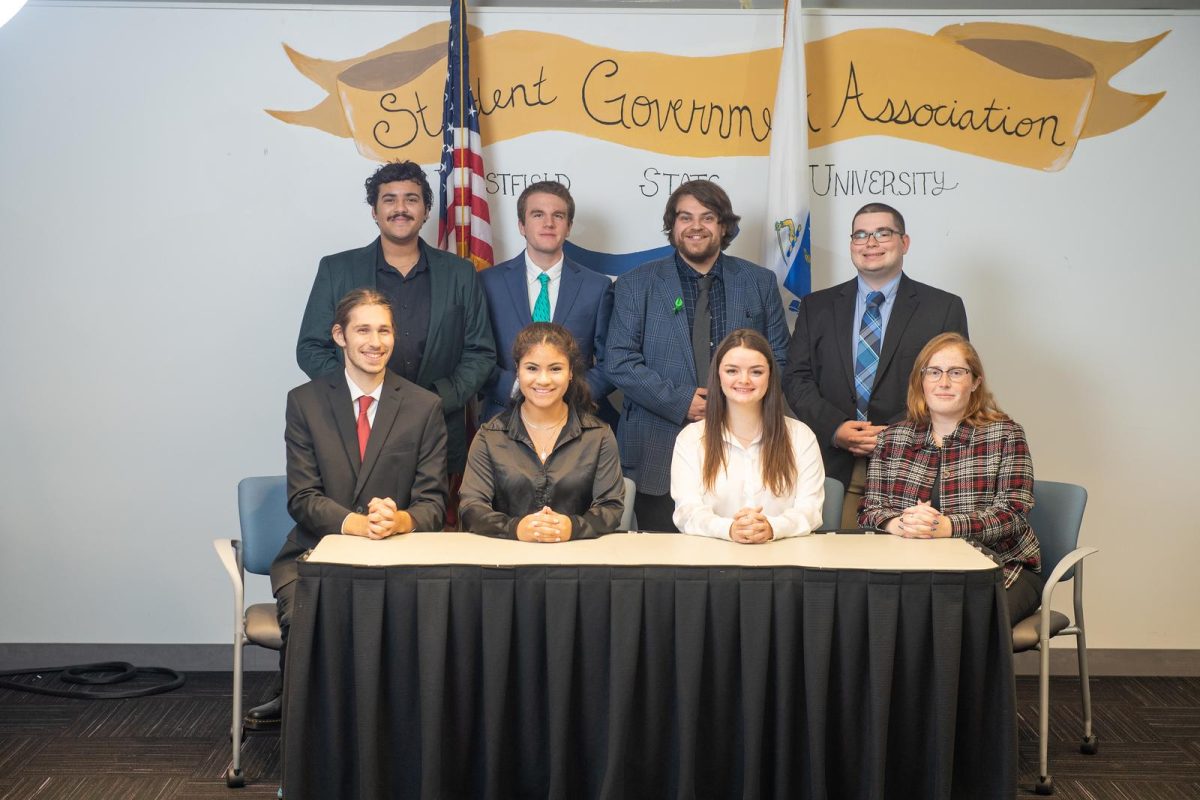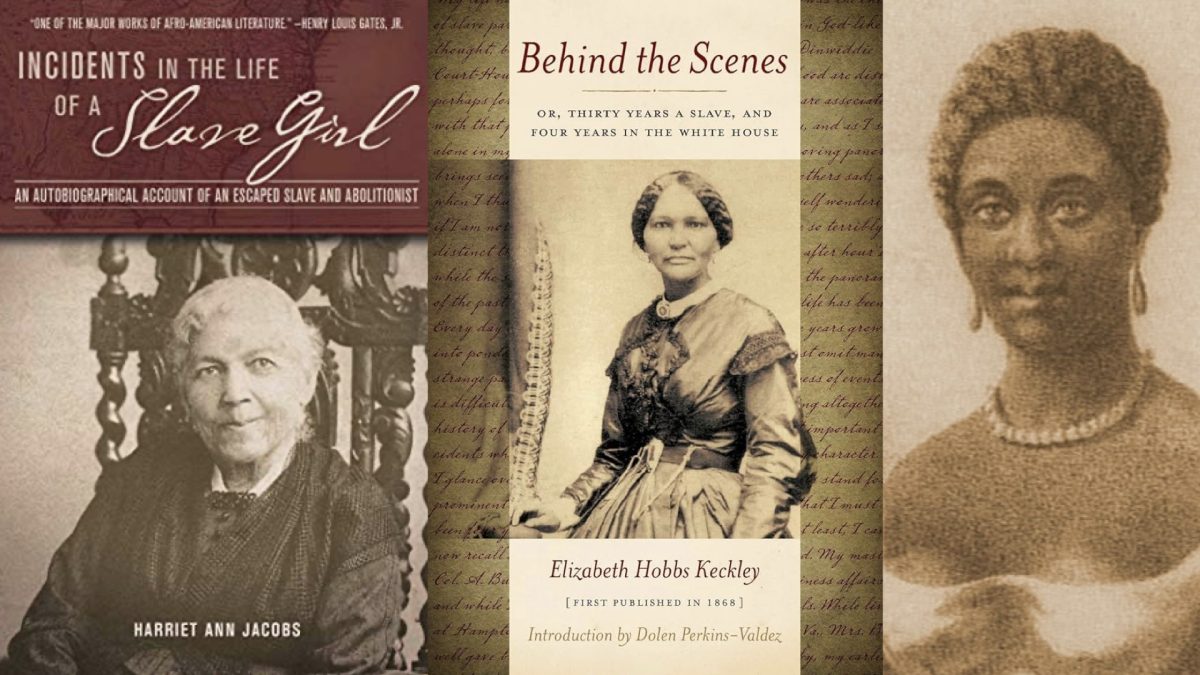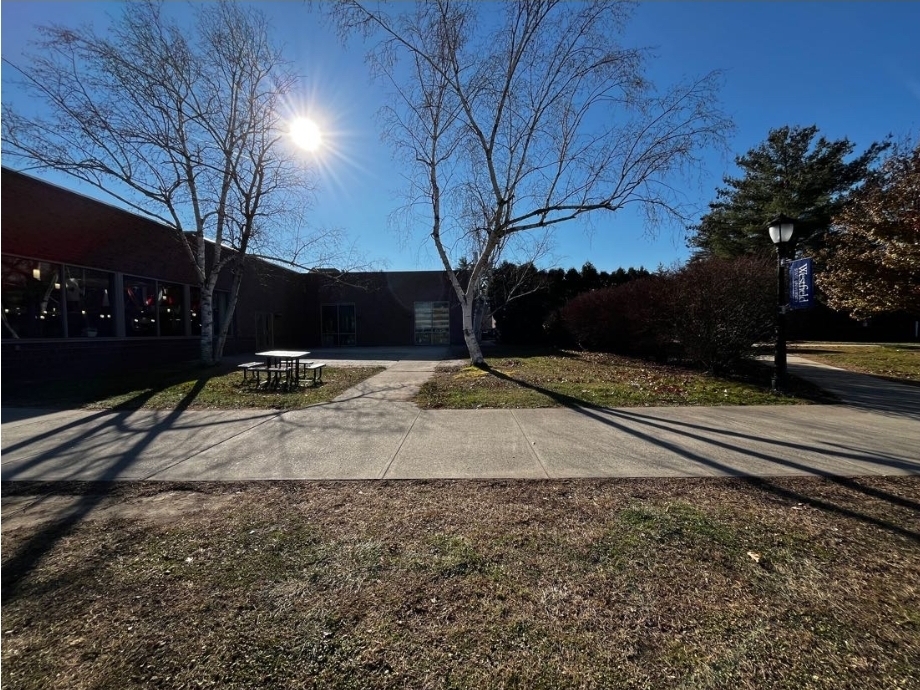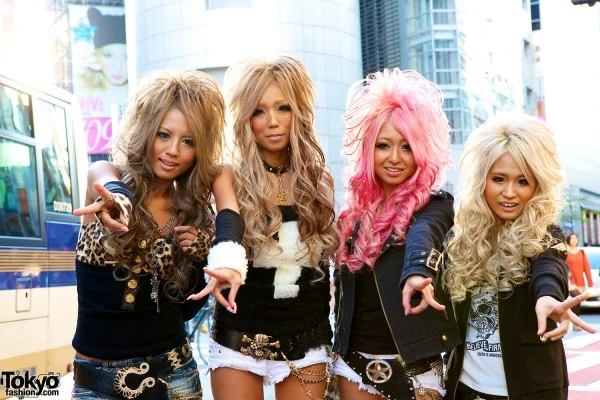Earlier this November, Ms. Cheryl Bassett (’88), recognized in 2017 by Westfield State University’s Criminal Justice Hall of Fame, and this year as “Alumna of the Year” by the Westfield State Alumni Association, visited campus once again. This time she presented on her work combating human trafficking.
The presentation was held in a section of the Scanlon Banquet Hall at 4 pm and was filled to capacity. Most students attending identified as part of the Criminal Justice Department, though other majors were present as well.
Taking time to ask these individuals why they had come, Bassett emphasized that even though justice sectors may lead the charge, other fields play a key role in addressing this national and international issue.
Bassett was introduced by President Ramon Torrecilha, who drew attention to her status as an Academic All-American softball shortstop and her involvement as a member of campus during her time at WSU. Bassett made reference to her connection to WSU in her presentation, calling on the student body to do more to raise awareness of human trafficking and its dangers.
The focus of her presentation was threefold. First, Bassett encouraged students to take risks in their careers after leaving WSU. She gave examples of her own career path, including over 28 years of investigative work for the federal government. She has served as a special agent with the Immigration and Naturalization Service in Rhode Island and as a group supervisor for Immigration and Customs Enforcement (ICE) in Boston, among other positions.
Bassett also worked in Brazil as an Attaché for ICE. Though she was not always assigned to the position she specialized in, she explained how these divergent, formative experiences contributed to making her a well-rounded professional. Bassett now serves as the Director of Human Trafficking Training Initiatives at the McCain Institute for International Leadership.
Secondly, Bassett spoke on human trafficking, its prevalence, and common misconceptions of the crime. She drew special attention to the role of emotional and psychological coercion and fraud used by traffickers to force victims into providing a service for a fee; either sexual or labor services.
Bassett critiqued the popular misconception of trafficking victims being held in cages or handcuffs, noting that many victims are never “locked up” in any way. Consequently, she educated on the unique difficulties of discovering and prosecuting this type of crime.
Finally, Bassett summarized her session by asking whether or not U.S. law enforcement is as equipped or engaged to face human trafficking as the problem merits. Improving the criminal justice sector’s capabilities and pinpointing weaknesses of current approaches across the country is a focus of the McCain Institute, and Bassett is a key part of this focus.
She challenged WSU’s campus to be the first university in Massachusetts to create a chapter for the McCain Institute’s Student Alliance against human trafficking. She showed a video of their chapter in Oxford, England and offered testimonies of how students across the country are engaging this issue even locally.
A lively Q&A followed, where students engaged Bassett on a number of details about her work and about human trafficking.
Bassett contextualized human trafficking as a public health and community issue we should all be concerned about and combating, no matter our background or field.

